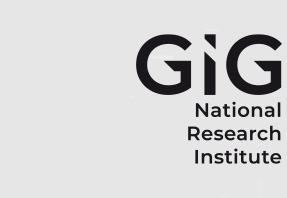Author ORCID Identifier
Marco Cotrina: 0000-0003-3801-0370
Jairo Marquina: 0000-0002-5880-8227
Junior Polo: 0000-0003-0230-393X
Abstract
The primary objective of the research was to apply machine learning techniques to forecast the unit costs of ore hauling in an underground mine. The methodology employed was quantitative, with a non-experimental and descriptive design. Haulage data were collected over a 12-month period. Furthermore, an exploratory data analysis (EDA) was conducted using various models, including ANN-MLP (Artificial Neural Network – Multilayer Perceptron), Random Forests, Extreme Gradient Boosting, Support Vector Regression, Decision Tree, KNN, and Bayesian Regression, to handle the data’s complexity. The data were split into 80% for training, 10% for testing, and 10% for validation. The results indicated that the ANN-MLP achieved an R2 of 0.94 and an MSE of 8.77, the Random Forests showed an R2 of 0.97 with an MSE of 3.78, XGBoost achieved an R2 of 0.99 with an MSE of 2.03, SVR yielded an R2 of 0.96 with an MSE of 5.05, KNN obtained an R2 of 0.90 with an MSE of 13.57, and the Bayesian Regression model achieved an R2 of 0.88 with an MSE of 16.15. Ultimately, it was concluded that the XGBoost model exhibited the best performance in forecasting the unit costs of ore haulage in an underground mine.
Recommended Citation
Cotrina, Marco; Marquina, Jairo; and Polo, Junior
(2025)
"Prediction of unit haulage cost in an underground mine using machine learning techniques,"
Journal of Sustainable Mining: Vol. 24
:
Iss.
2
, Article 9.
Available at: https://doi.org/10.46873/2300-3960.1454
Creative Commons License

This work is licensed under a Creative Commons Attribution-Noncommercial-No Derivative Works 4.0 License.

